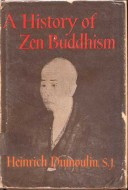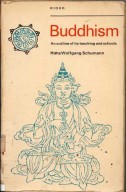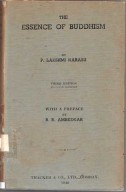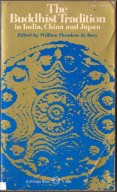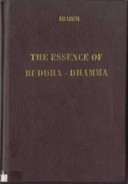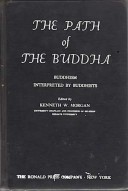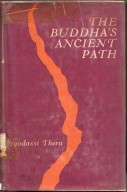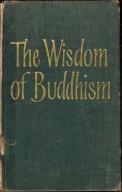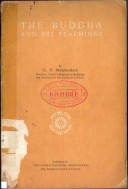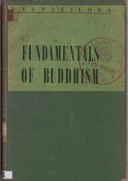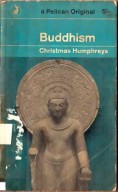Tìm Sách
Sách tiếng Anh-English >> A History Of Zen Buddhism
Thông tin tra cứu
- Tên sách : A History Of Zen Buddhism
- Tác giả : Heinrich Dumoulin, S.J
- Dịch giả :
- Ngôn ngữ : Anh
- Số trang : 335
- Nhà xuất bản : Pantheon Books- A Division of Random House New York
- Năm xuất bản : 1963
- Phân loại : Sách tiếng Anh-English
- MCB : 1201000003994
- OPAC :
- Tóm tắt :
A HISTORY OF ZEN BUDDHISM
Heinrich Dumoulin, S.J
TRANSLATED FROM THE GERMAN BY PAUL PEACHEY
PANTHEON BOOKS
A Division of Random House
Readers interested in Zen Buddhism have too often been offered a religion torn from its context, neither Western nor Eastern, living in a limbo of its own. Professor Dumoulin introduces us to the real Zen Buddhism, the force which was formed in the matrix of Asian civilization, evolved through the different phases al Oriental culture, and only later became a factor in Western thinking. Starting with the mystical elements in the Indian religions, he traces the development of Zen from its origins in China through its transplantation to Japan, where it reached its highest development. This historical survey leads the reader to Zen's meeting with the West and to its influence on modern Asia. The seriousness of genuine scholarship is matched by an easy clarify of style, and enlivened by the many delightful illustrations from Zen folklore and poetry.
Heinrich Dumoulin’s career makes him an ideal interpreter of Zen to the West. For many years a resident and teacher in Japan, he was gained an exceptional understanding of his subject and its implication. Neither partisan nor polemicist, Professor Dumoulin writes with a serene objectivity, explaining Zen in its own terms and relating it as well to current Western psychological and theological writings. The result is a definitive study of Zen’s history and essence, useful equally to the beginning reader and to the advanced student of Zen
New York
CONTENTS
Preface
1. The mystical Element in Early Buddhism and Hinayana
2. Mysticism Within Mahayana
3. The Mahayana Sutras and Zen
4. The Anticipation of Zen in Chinese Buddhism
5. Zen Patriarchs of the early Period
6. The High Period of Chinese Zen
7. Peculiarities of the “Five Houses”
8. Spread and Methodological Development During the Sung Period
9. The Transplanting of Zen to Japan
10. The Zen Master Dozen
11. The Cultural Influence of Zen in the Murom chi period
12. The First Encounter Between Zen and Christianity
13. Zen in the Modern Japanese age
14. The Zen mysticism of Hakim
15. The Essence of Zen
 Facebook
Facebook
 Google
Google
 Google+
Google+
